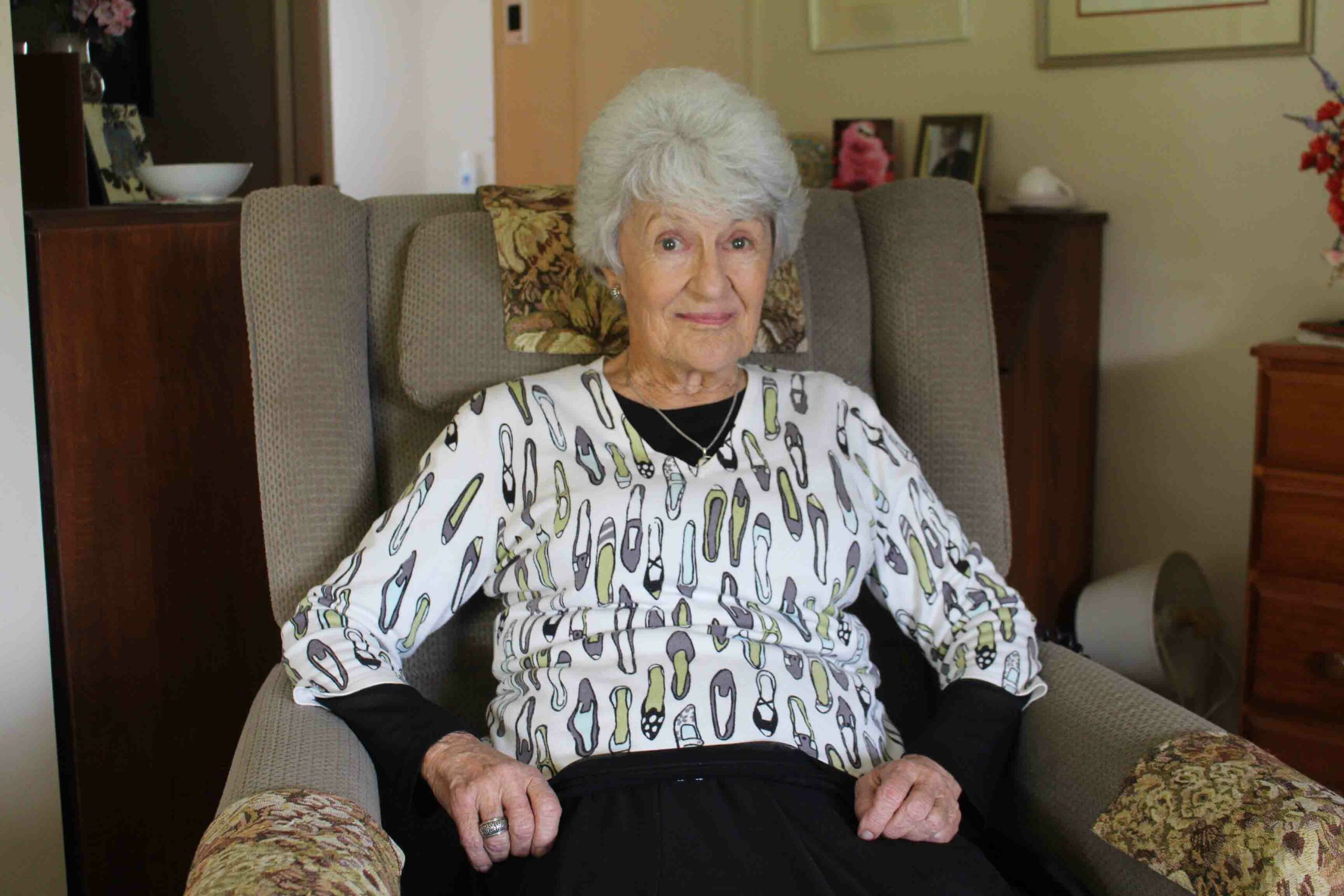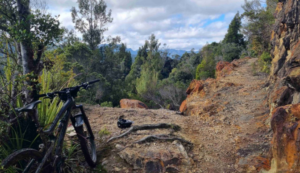A new rating scheme introduced by the district council has come as a shock to residents of a Waihī retirement village, with one fearing she’ll soon be “out on the street” due to the price hike.
In this year’s annual plan, Hauraki District Council voted to introduce set charges for each inhabited part of a property – the technical term being: Separately Used and Inhabited Parts, or, SUIPs.
Retirement villages, farms, and lifestyle properties were likely going to be impacted.
But when Vivienne Harper, who has owned a cottage at Waihī Lifecare for more than 10 years, saw her new rates bill in August, she told The Profile it was a “terrible blow”.
Her rates in the 2021-22 financial year were $822.64. Her new rates bill for 2022-23 had increased to $2379.21.
And even though residents at the Toomey St village could apply for a $700 rebate, the rates were still $1000 more than the previous year and were “unfair”, she said.
“I feel that this is a terrible blow to people like me who have lived in these villages for some years, and I feel that I’m just going to be kicked out. It’s causing me a lot of stress.
“This is my home and we feel that old people are being abused with [the rates] and all of a sudden, my home could be taken from me and I’m out on the street.”
Another Waihī Lifecare resident, Dawn Sinclair, whose rates bill has had a similar hike, said the retirement village was not like others – it hosted a mere 25 units and each unit paid for its own Hauraki District Council rates. She questioned whether it was “fair and reasonable” for SUIPs to be imposed on the village when affordable housing for the elderly should be encouraged and supported.
Either way, the SUIP impact on residents would be “huge”, said Waihī Lifecare director Steven Wallace.
“There are residents here that rely on their pension so that’s going to hit them very hard, which is not good.
“When you’ve been in the village a long time the rates have been pretty good, and when they jump up by that amount, it’s a shock.”
Steven said he had engaged with Hauraki District Council to try resolve the issues, and was hoping they could come up with “some sort of arrangement”.
“My hands are tied a little bit in terms of what decision they make. I can’t guarantee anything.”
Council’s group manager business support Duncan Peddie told The Profile all ratepayers were sent a flyer explaining the proposed changes in April. Plus, all of those who were negatively affected by the changes, including residents at Waihī Lifecare, were written to at the start of July. For the past 12 years, council said it had a remission policy which meant individual unit owners did not need to contribute towards activities such as libraries and swimming pools, and Waihī Lifecare ratepayers also only paid 37 per cent of a wastewater charge of a normal residential property.
Now, all properties – whether they were in retirement villages or elsewhere – were being treated the same and contributed to all activities they benefit from, he said.
“Although the village has always been separate properties, council has, for the last 12 years or so, had the remission policy that treated the whole village as if it were one.
“With the change to SUIP’s, council removed this policy so all village and non-village type properties are now treated the same.”
Council was offering a payment plan so residents could spread the increase over two years, he said.
Additional reporting by Gordon Preece.





